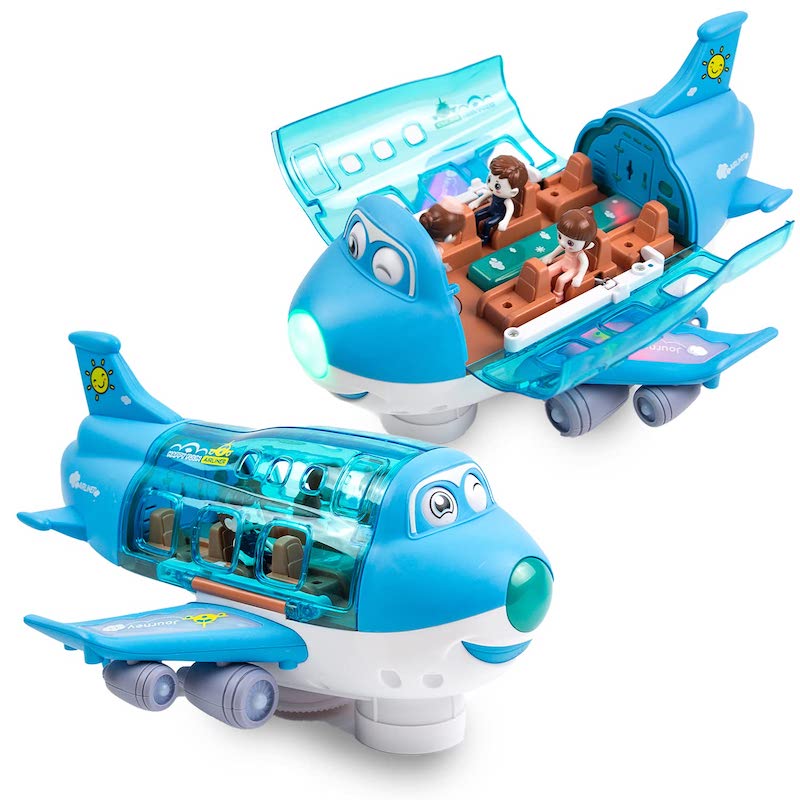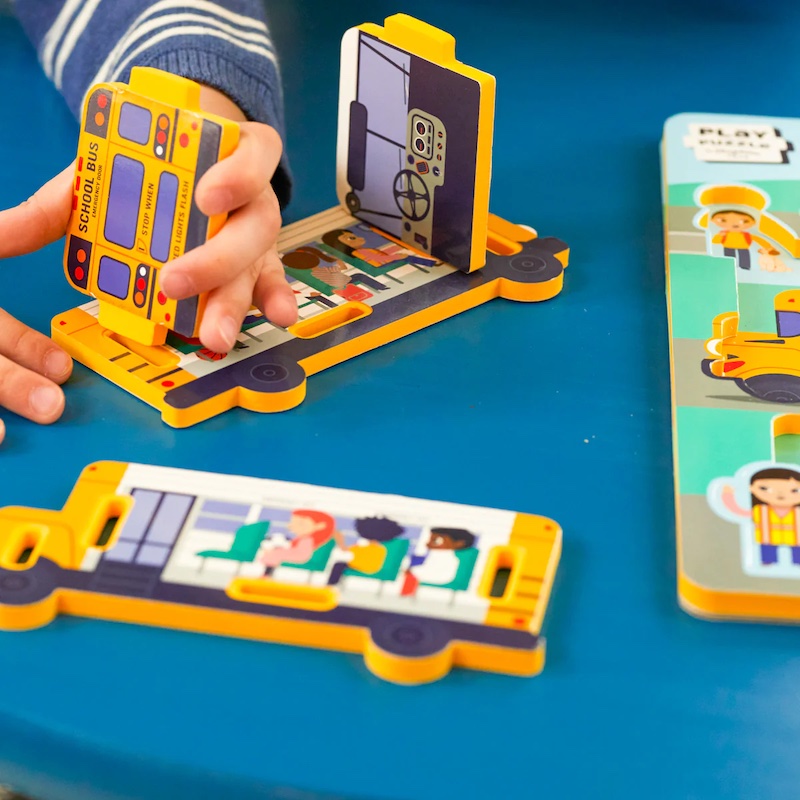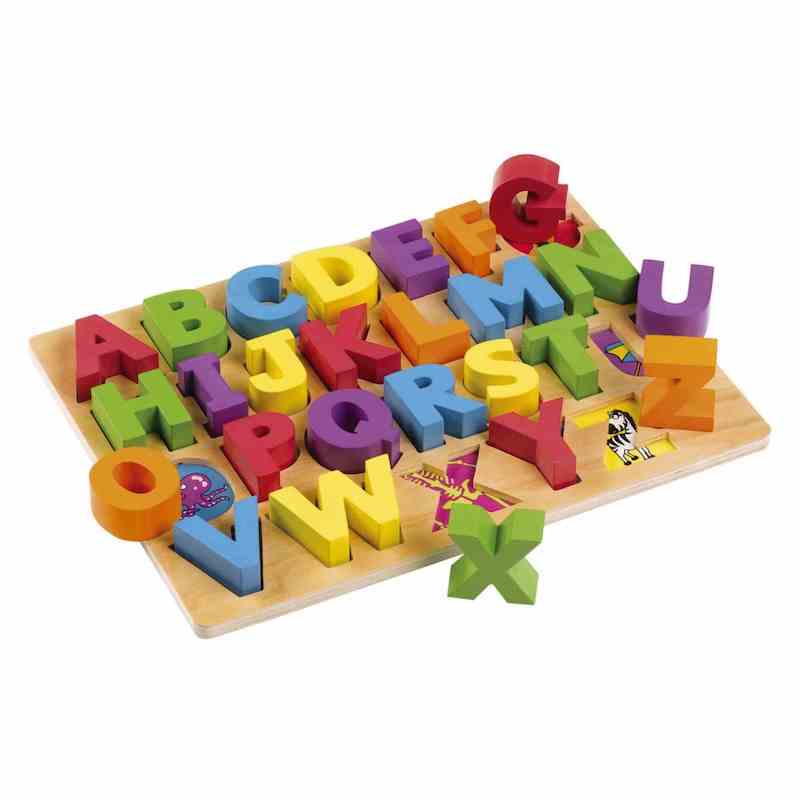
Introduction
Play school toys play a vital role in a child’s early development, providing them with opportunities to explore, learn, and unleash their creativity. A diverse range of toys designed specifically for play schools offers endless possibilities for children to engage in imaginative play, cognitive development, and social interactions. In this article, we will delve into the world of play school toys, exploring their significance in early childhood education. Join us as we discover the benefits of play school toys, explore various toy categories, and understand how they contribute to a child’s holistic growth.
Part 1: The Importance of Play School Toys
Level 1: Enhancing Cognitive Development
Play school toys facilitate cognitive development by engaging children in activities that stimulate critical thinking, problem-solving, and decision-making. Puzzles, building blocks, and shape sorters enhance spatial awareness and develop logical thinking skills. By manipulating toys and exploring their functionalities, children develop their understanding of cause and effect, improving their cognitive abilities.
Level 2: Fostering Social Skills
Playing with others is an essential part of a child’s social development. Play school toys encourage cooperative play, turn-taking, and sharing, fostering the development of vital social skills. Toys such as tea sets, play kitchens, and dress-up kits provide opportunities for children to engage in pretend play and imaginative role-playing, teaching them empathy, communication, and negotiation skills.
Part 2: Exploring Toy Categories
Level 1: Manipulative Toys
Manipulative toys, such as building blocks, puzzles, and shape sorters, promote fine motor skills, hand-eye coordination, and spatial awareness. These toys require children to manipulate and arrange different pieces, enhancing their dexterity and problem-solving abilities. The act of fitting pieces together helps develop concentration and focus, setting the foundation for future learning endeavors.
Level 2: Imaginative Play Toys
Imaginative play toys, like play kitchens, dollhouses, and action figures, encourage creative thinking and storytelling abilities. These toys provide children with the opportunity to create narratives, engage in role play, and develop their imagination. By assuming various roles and exploring different scenarios, children refine their communication skills, learn about social dynamics, and develop a sense of self-expression.
Part 3: Educational Toys
Level 1: Language and Alphabet Toys
Educational toys focused on language and alphabets promote literacy skills and language development. Alphabet blocks, phonics toys, and language puzzles aid in letter recognition, vocabulary building, and linguistic comprehension. These toys make learning fun and interactive, enabling children to grasp language concepts in an enjoyable way.
Level 2: Math and Number Toys
Toys that focus on math and numbers, such as counting cubes, number puzzles, and abacus sets, enhance mathematical skills and numerical understanding. These toys introduce children to basic math concepts, including counting, sorting, pattern recognition, and simple arithmetic. Through playful interactions, children develop a foundation for mathematical thinking and problem-solving abilities.
Part 4: Sensorial Toys
Level 1: Sensory Play Mats
Sensory play mats provide tactile stimulation and engage children’s senses. These mats, filled with materials such as foam, beads, or textured fabrics, allow children to explore different textures, shapes, and sensations. By stimulating touch, these toys promote sensory integration, fine motor skills, and spatial awareness.
Level 2: Musical Instruments
Musical instruments, such as drums, xylophones, and mini pianos, encourage children to explore rhythm, sound, and musicality. These toys facilitate sensory development, auditory discrimination, and hand-eye coordination. The joy of creating music with these instruments nurtures a love for the arts and fosters an appreciation of sensory experiences.
Part 5: Interactive and Technological Toys
Level 1: Interactive Board Games
Interactive board games promote social interaction, teamwork, and strategic thinking. These toys encourage children to engage in cooperative play, problem-solving, and decision-making, while also fostering healthy competition. Board games help develop critical thinking skills, logical reasoning, and communication abilities.
Level 2: Coding and STEM Toys
Coding and STEM toys introduce children to the world of technology and promote skills such as logical reasoning, problem-solving, and computational thinking. These toys often come in the form of coding robots, building kits, or interactive apps that allow children to explore science, technology, engineering, and math concepts in a hands-on and engaging way.
Part 6: Outdoor and Gross Motor Toys
Level 1: Ride-On Toys
Outdoor and gross motor toys, such as ride-on toys like tricycles, scooters, and balance bikes, encourage physical activity and the development of gross motor skills. These toys allow children to propel themselves forward, improving their coordination, balance, and overall fitness. Riding on these toys also instills a sense of independence and confidence in children.
Level 2: Sports Equipment
Introducing children to different sports through age-appropriate equipment can foster an active and healthy lifestyle. Toys like mini basketball hoops, soccer goals, and mini-golf sets promote hand-eye coordination, motor skills, and encourage team play. Engaging in sports from an early age helps children develop discipline, perseverance, and a love for physical activity.
Part 7: Eco-Friendly and Sustainable Toys
Level 1: Natural Wooden Toys
Eco-friendly and sustainable toys, such as those made from natural wood, offer a greener and more environmentally conscious alternative. Wooden toys, like building blocks, puzzles, and train sets, are free from harmful chemicals and plastics. They are durable, long-lasting, and provide children with a tactile and organic experience. Choosing natural wooden toys supports sustainability and helps instill environmental values in children.
Level 2: Recycled and Upcycled Toys
Toys crafted from recycled or upcycled materials are not only creative and unique but also promote eco-consciousness. Manufacturers repurpose items like plastic bottles, cardboard, and fabric scraps to create innovative toys such as DIY kits, art supplies, and imaginative play sets. These toys teach children about the importance of waste reduction and inspire them to think creatively about repurposing materials.
Part 8: Age-Appropriate and Developmentally Aligned Toys
Level 1: Infant and Toddler Toys
Age-appropriate toys play a crucial role in a child’s development. For infants and toddlers, toys that stimulate their senses, encourage exploration, and aid in their motor skills development are essential. Toys like plush animals, sensory balls, and shape sorters are designed to be safe, soft, and easy to hold for little hands. These toys promote sensory exploration, cognitive development, and early learning experiences.
Level 2: Preschool and Elementary Toys
As children grow older, their toy preferences and needs evolve. Preschool and elementary toys focus on fostering creativity, cognitive development, and educational experiences. Art supplies, science kits, and building sets engage children’s imagination and encourage problem-solving, critical thinking, and hands-on learning. These toys cater to their expanding abilities and help prepare them for academic challenges.

Conclusion
Play school toys serve more than just entertainment; they are powerful tools that contribute to a child’s cognitive, social, and emotional development. From enhancing cognitive abilities and fostering social skills to exploring various toy categories, each toy has a unique role to play in a child’s growth. By providing children with a wide array of play school toys, we empower them to learn, discover, and create, paving the way for a holistic and enriching educational experience. So, let us celebrate the magic of play school toys and embrace their significant role in shaping the minds and hearts of our little learners.
Play school toys impart numerous benefits to children, from cognitive and social development to imaginative play and sensory exploration. Through a diverse array of toy categories, children can learn, grow, and express themselves in a fun and engaging manner. Whether it’s manipulative toys, imaginative play toys, educational toys, or outdoor and gross motor toys, each category serves a unique purpose in promoting holistic development. Additionally, eco-friendly and age-appropriate toys provide sustainable choices and ensure toys align with a child’s developmental stage. By embracing the power of play school toys, we empower children to explore, create, and develop lifelong skills for a bright future.
